Rhodium(III)sulfate CAS:10489-46-0
| Catalog Number | XD95580 |
| Product Name | Rhodium(III)sulfate |
| CAS | 10489-46-0 |
| Molecular Formula | H2O4RhS |
| Molecular Weight | 200.98 |
| Storage Details | Ambient |
Product Specification
| Appearance | White powder |
| Assay | 99% min |
Rhodium(III)sulfate, also known as rhodium trisulfate or Rh2(SO4)3, is a compound containing the transition metal rhodium. This complex salt possesses various effects and applications, which we will explore below.One significant effect of Rhodium(III)sulfate is its use as a starting material for the synthesis of rhodium complexes. By reacting Rh2(SO4)3 with different ligands or organic molecules, new coordination compounds can be formed. These complexes may have diverse geometries, electronic properties, and reactivities, making them valuable in fields such as catalysis, materials science, and medicinal chemistry.Rhodium(III)sulfate is particularly important in the field of catalysis. Rhodium-based catalysts are known for their ability to promote a wide range of organic reactions. Rh2(SO4)3 can be used as a precursor for the synthesis of various rhodium catalysts that find applications in processes such as hydrogenation, hydroformylation, and carbonylation. These reactions are important in the production of pharmaceuticals, fine chemicals, and other industrial products.Another significant effect of Rhodium(III)sulfate is its involvement in electrochemical processes. Rh2(SO4)3 can serve as an electrolyte in electroplating applications, where a layer of rhodium is deposited onto a substrate. Rhodium plating is used to provide a protective and decorative coating on jewelry, electronics, and other objects. The electrochemical properties of Rhodium(III)sulfate enable efficient and controlled deposition of rhodium, resulting in a durable and lustrous coating.Rhodium complexes derived from Rh2(SO4)3 also exhibit potential in the field of medicinal chemistry. Some rhodium-based compounds have been developed as potential anticancer agents due to their unique mode of action and selectivity towards cancer cells. These complex compounds can interact with DNA, leading to DNA damage, cell cycle arrest, and ultimately, cell death. Further research is being conducted to explore the therapeutic potential of rhodium complexes in cancer treatment.In conclusion, Rhodium(III)sulfate, by serving as a precursor for the synthesis of rhodium complexes, playing a role in catalytic reactions, participating in electroplating processes, and showing potential in medicinal applications, demonstrates its versatility and significance in a wide range of scientific fields. Continued research and exploration in this area can lead to advancements in catalysis, electrochemistry, and medical technologies involving rhodium-based compounds.


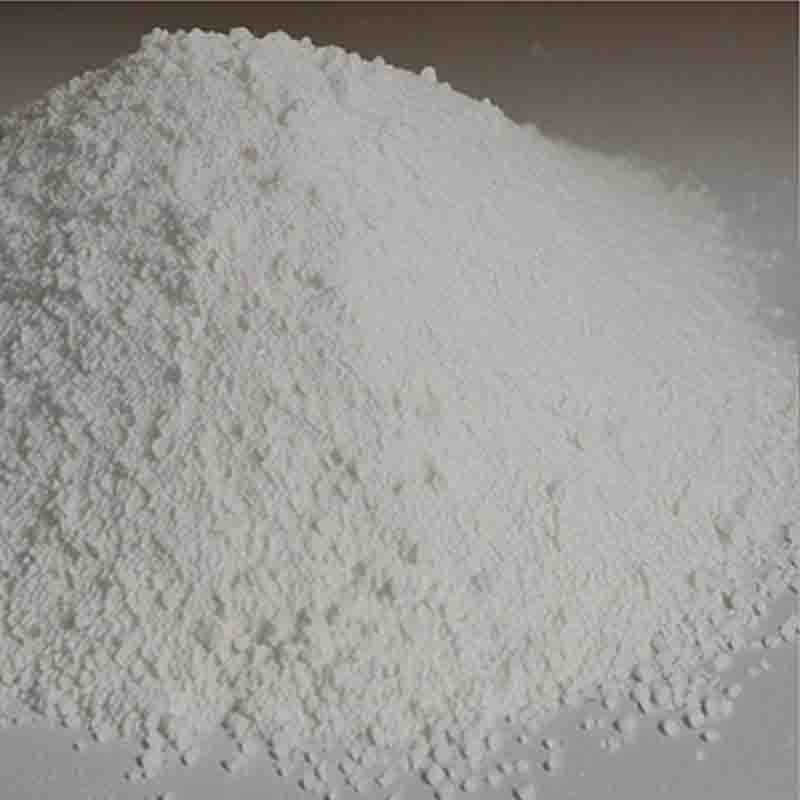

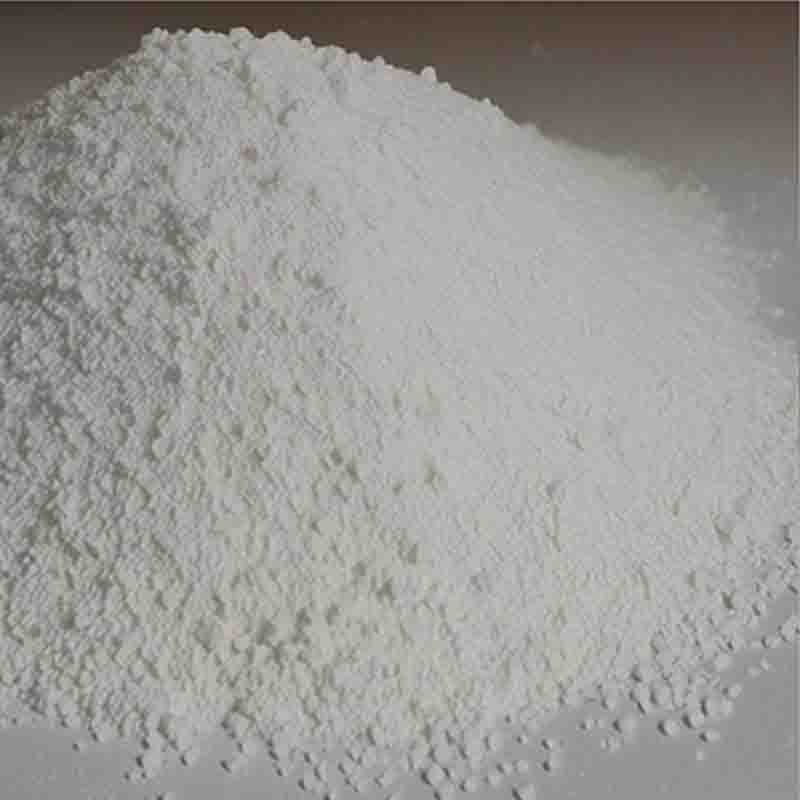
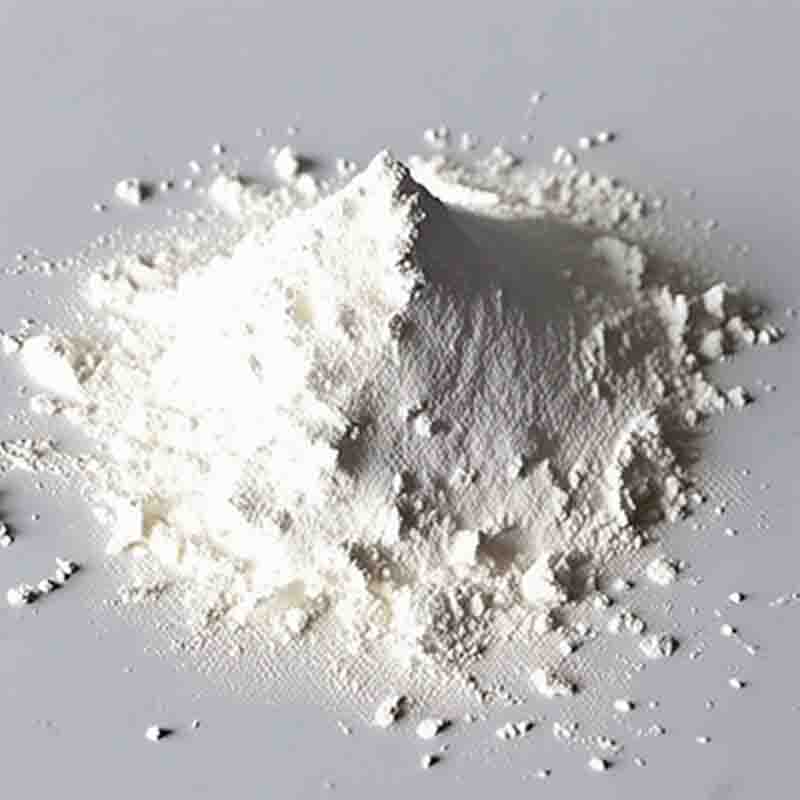
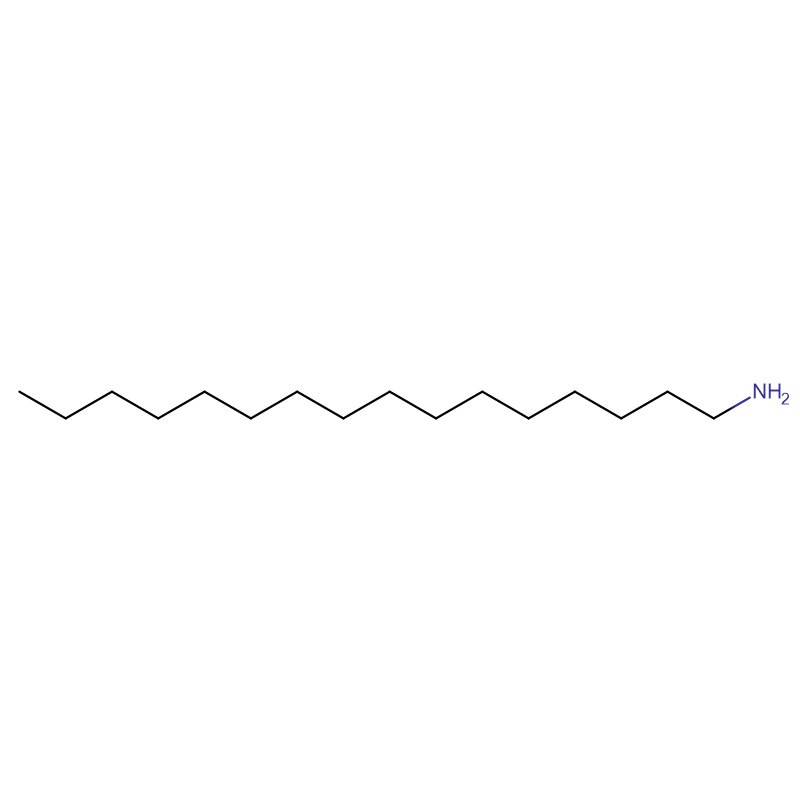
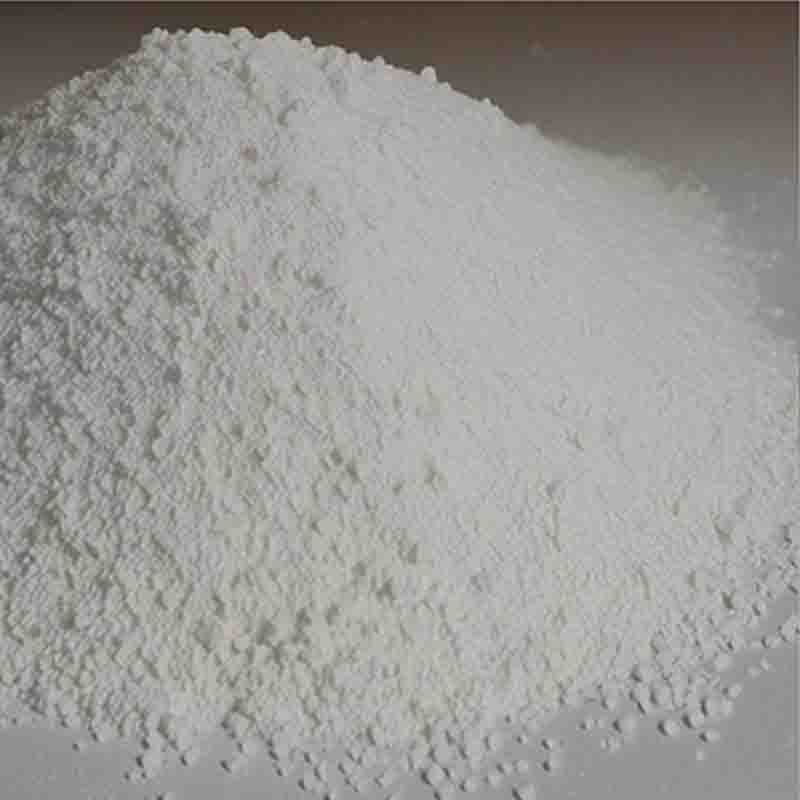
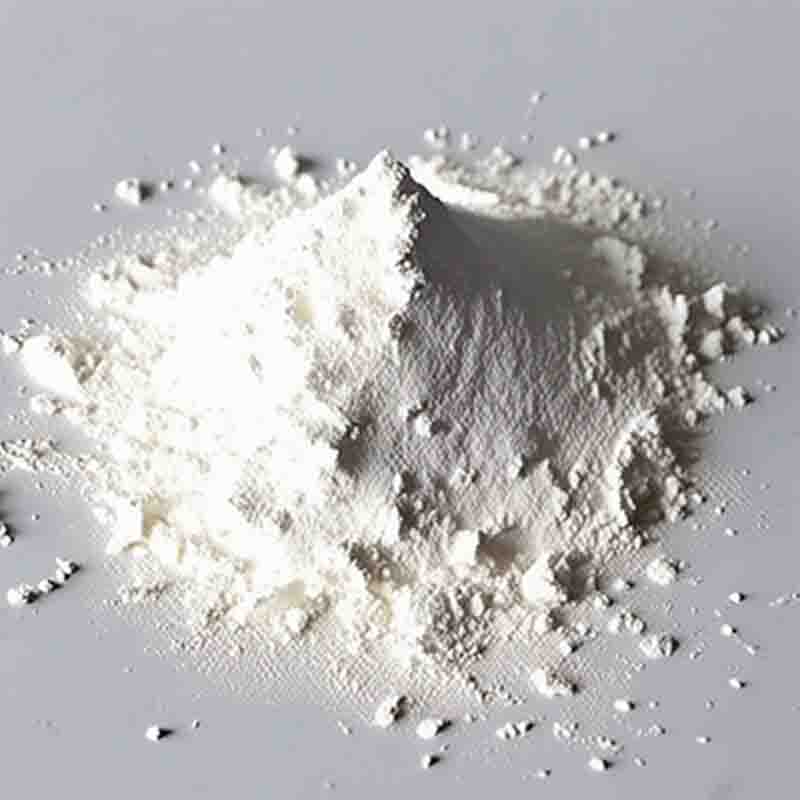
![2-[(6-Chloro-3,4-dihydro-3-Methyl-2,4-dioxo-1(2h)-pyriMidinyl)Methyl]benzonitrile CAS: 865758-96-9](https://cdn.globalso.com/xdbiochems/白色粉末1211.jpg)